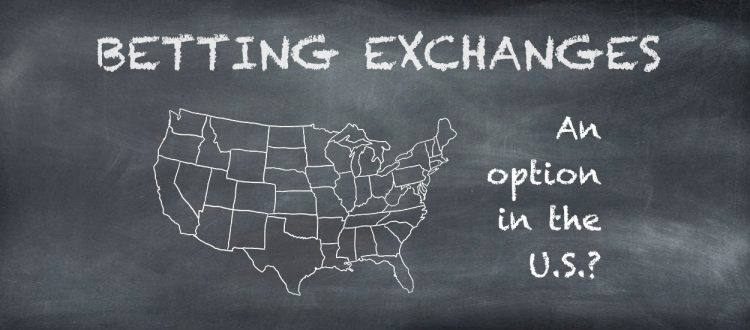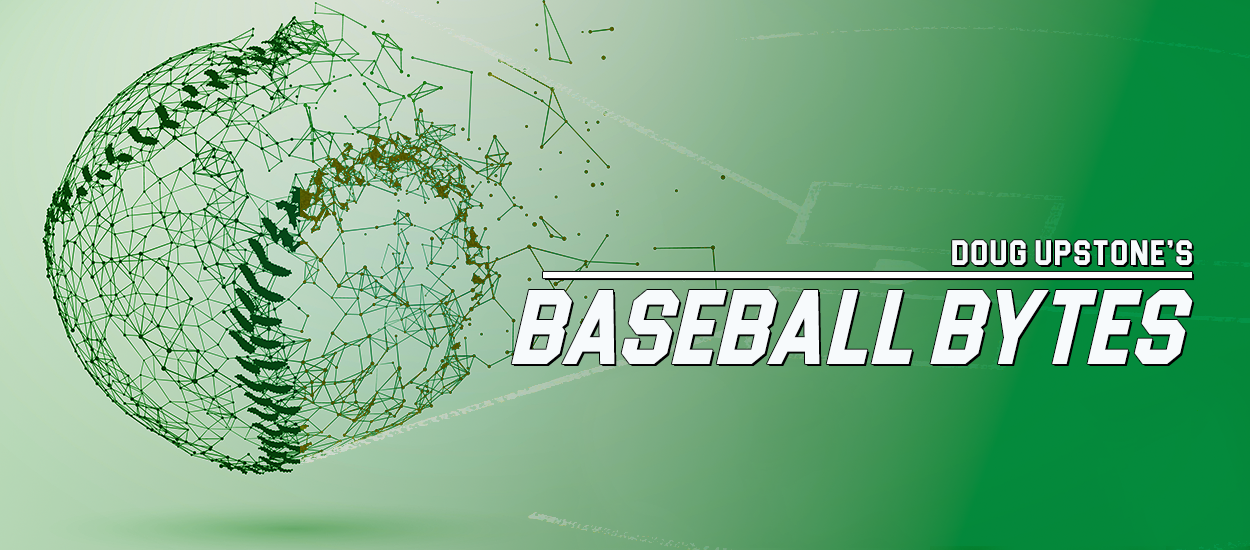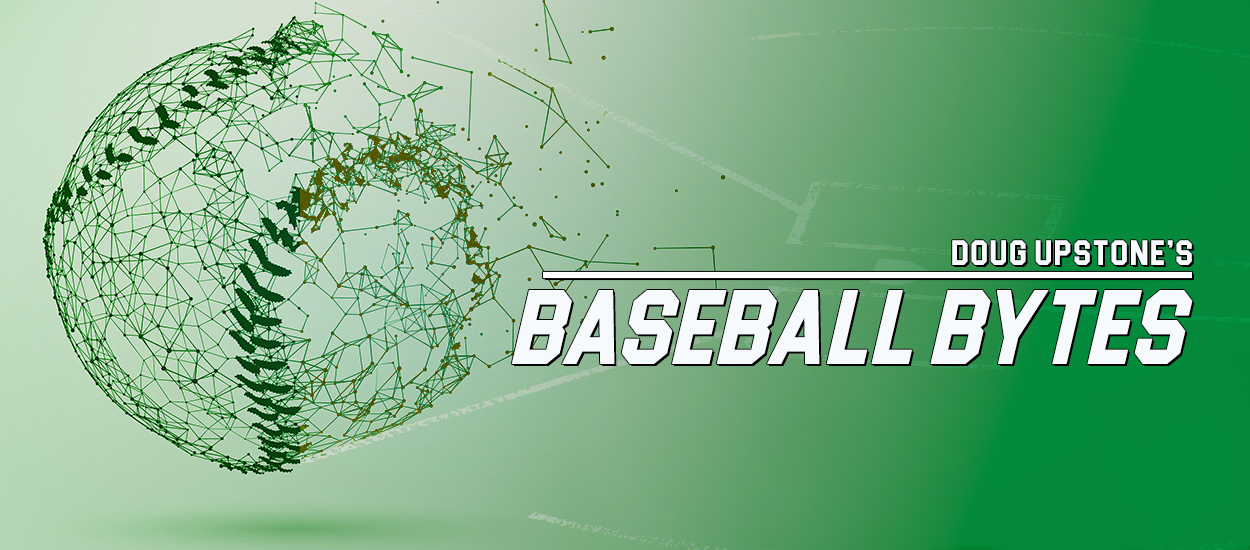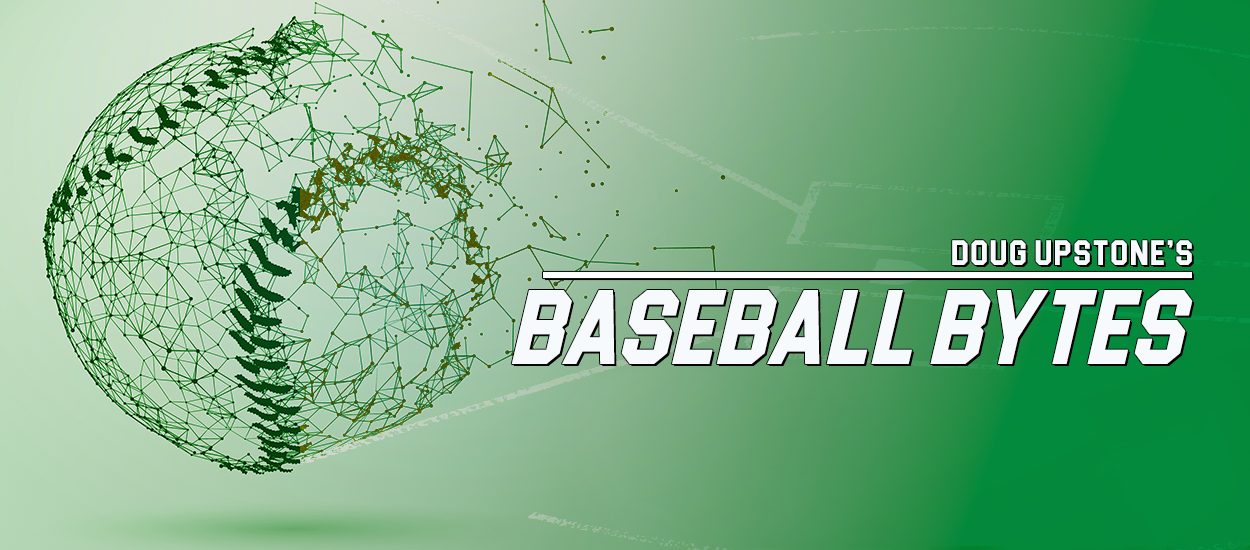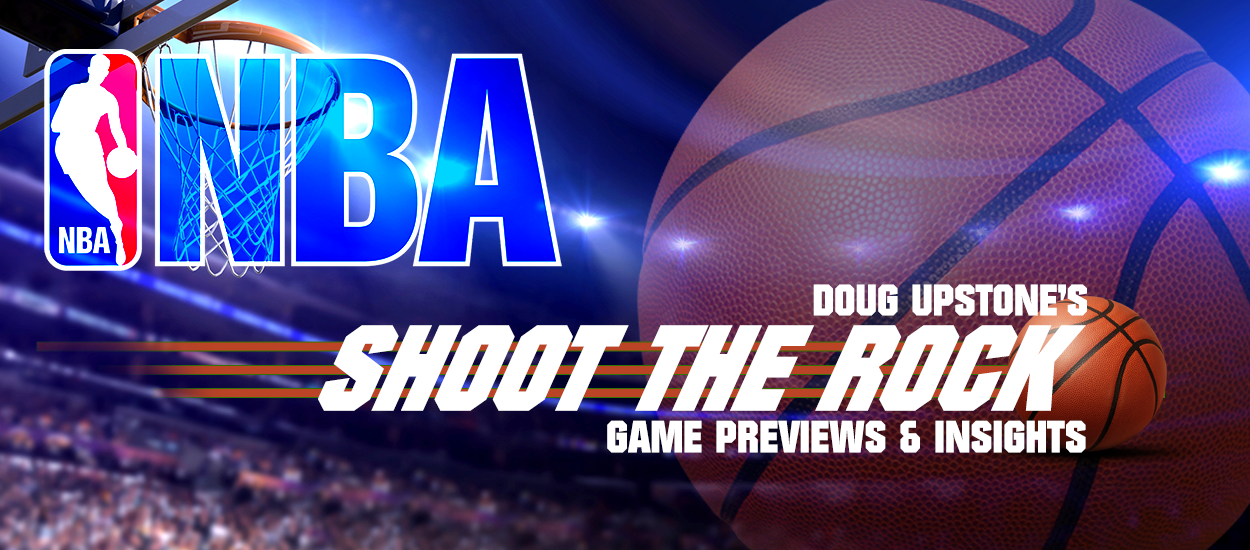For a period of time Matchbook and Betfair were quite popular betting exchanges in North America. Betfair was only available to Canadians, but they had a large customer base across the country, and many Canadian bettors were enthralled with the product. Betfair withdrew its operations from Canada, however, after it merged with Paddy Power (later to become Flutter Entertainment). Because Paddy Power did not accept wagers from anywhere in North America and since Canada was preparing to introduce tougher anti-money laundering rules following some suspicious wagering at land-based casinos, the company simply decided to focus its efforts elsewhere.  Matchbook, on the other hand, accepted customers from both the United States and Canada, but withdrew from the United States in 2011 and Canada in 2014 citing concerns with the grey markets at the time, as well as a change of plans by its owner TripleBet. Matchbook indicated it had a very strong customer base in both countries at the time and the decision to leave was difficult, although necessary.
Matchbook, on the other hand, accepted customers from both the United States and Canada, but withdrew from the United States in 2011 and Canada in 2014 citing concerns with the grey markets at the time, as well as a change of plans by its owner TripleBet. Matchbook indicated it had a very strong customer base in both countries at the time and the decision to leave was difficult, although necessary.
I was thus surprised to see delegates from Matchbook at the SBC North American Summit. I asked them if they are looking into North America again, since both the United States and Canada now offer legal, regulated gambling, and the CEO said he was, but in a different manner. In an interview with Jesse May, the Chief Strategy Officer for Matchbook and we discussed Matchbook’s possible new role in the now regulated markets.
My questions are in bold, and May’s responses are in italics.
Matchbook was popular before Black Friday in the United States, but you left the market. Where are you predominantly operating now and what is your interest in the United States?
I’ve been associated with Matchbook since around 2015, but by then they were already bought out by a sports bettor who was focused on the UK. We obtained an Alderney and a UKGC license. By then it was a top-down operation with no retail business and focused on high staking clients wanting to get down very large bets. We specialized in soccer and US Sports, and then added horse racing in 2017. But that all changed when UK regulations started getting really tough and we had to make a decision if we wanted to remain in the UK, which required an increased focus on compliance regulations. We chose to comply and now run a B2C site of which at least 75% of our customers in the UK, but as a B2B operation we are all over the world. And B2B is our interest in North America as a secondary liquidity provider, the place where anyone can come to access global liquidity.
Are you looking to have your betting exchange offered by books like BetMGM or DraftKings? Obviously, FanDuel would already have that option with Betfair since Flutter owns both if they want to go that route.
We call it reverse market access. We want operators to realize that we have something that they should want as well so they would become our customer by having a have a sister entity if they don’t already have one. It allows them the opportunity to access liquidity from world markets.
I know Betfair tried to set up a betting exchange for horse racing in New Jersey using their TVG product and someone from Flutter told me that the biggest challenge they had was trying to explain the whole concept of laying odds vs. backing odds, along with the decimal equivalents and how to pay commissions. Are you worried that you’ll have the same issue in North America? I do know that when you were in the U.S. before, the betting forums were filled with posts saying that exchange wagering was complicated and confusing.
To be honest we have had an issue explaining the exchange even in a mature market like the U.K. but those using it learn quickly. And the exchange will always be a fraction of the regular betting market. But we tell them that the exchange is about best price and liquidity but mostly best price. So, the question is who is interested in best price? For a lot of people that isn’t what they are mostly interested in and for at least 90% of bettors’ liquidity isn’t important. Those bettors will almost certainly not bet on the exchange. That’s why we aren’t pursuing B2C in the United States. We considered getting a New Jersey license a couple of years ago, but decided it would be very hard, if not impossible, to be profitable. Exchanges are about really really low margins and really really high turnover. I’m cheering on the New Jersey exchanges at some level but where is the math when you have to pay out $500 to $1,000 to acquire a player and winning only a couple of bucks from them in a day? It’s hard to justify. But just because it’s harder for an exchange to succeed doesn’t mean it’s not a good idea for those who do want to use it.
So, getting back to the U.S. market as a B2B company, how would you sell yourself?
We looked at different revenue models over the years and decided to start looking up and not looking down. There are a few people out there who just want to bet and bet a lot, but they can’t (due to limits set in traditional sportsbooks to reduce risk). But even if 1% of the people mentioned could bet what they want that 1% would be more than 10 times the volume that’s out there. That’s what we are focused on and see a lot of opportunity.
The traditional bookmaking model has been to only hold what you are willing to lose. Many grey market operators I know lay off action on Betfair or other exchanges if the liabilities get too high. But most American sportsbooks today have a different philosophy. Do you still see that?
Stalwarts in the offshore industry would offset heavy liabilities in their markets when they have all one-way action. What we’re seeing in the U.S. now is that there are sharp books which have sharp models and recreational books that have recreational models. (It should be noted that sharp books offer better lines and higher limits, but limit promotions and attract a higher betting clientele looking for better lines, while recreational books are looking to attract a huge volume of smaller bettors through various enticements, but have softer lines. Recreational books also are usually quick to tell winning bettors they are no longer welcome or cut the limits drastically). But the reason we are seeing this so much in the U.S. is that every sportsbook believes they have to hold all of their action, but that is mostly because they lack access to liquidity. If, however, they have a market with a line at -120 on both sides but there is a different market with heavy volume offering -105 on both sides they could run their business differently and guarantee higher profits.
Is this particularly true for sportsbooks that attract one-way action due to lack of betting volume?
We heard about this in the last World Cup. There were bookmakers in Argentina who said that if Argentina wins the World Cup they’re out of business and there’s nothing they can do about it. That wasn’t really the case though, since there was more than enough volume on the exchanges willing to take the other side, they just wanted to hold everything.
There are many UK companies that came to the U.S. and should know about you. Is matchbook more appealing to large operators or small operators as a B2B opportunity?
We do have a lot of UK companies of all sizes that use us to hedge, but for the really large American operators it’s just never been done this way. They want to run everything. We see ourselves as a broker and lined up a lot of counter parties for books who have basically no other market access and are looking to make their market bigger.  This is mostly true for smaller companies that have no options. If you’re a small operator in Cincinnati or something and that is your only state, every day the Reds or Bengals play, you have a book that looks like that, i.e., 11 bets on the Cincinnati team vs. 1 on the side of the opposing team. They don’t know what to do so they lower the limits, they cut off customers etc. and that’s where we can help. If they have a customer who wants to say bet $200,000 on the Reds, they don’t want to say no because that customer could be great casino customer and bets big on other sports, but they also don’t want to say yes. As an exchange with access to the global market, we’ll find people willing to take some of the Cincinnati action so they can take larger bets. We do an enormous amount of volume with 10,000 retail customers betting millions each day and even more volume from corporate customers.
This is mostly true for smaller companies that have no options. If you’re a small operator in Cincinnati or something and that is your only state, every day the Reds or Bengals play, you have a book that looks like that, i.e., 11 bets on the Cincinnati team vs. 1 on the side of the opposing team. They don’t know what to do so they lower the limits, they cut off customers etc. and that’s where we can help. If they have a customer who wants to say bet $200,000 on the Reds, they don’t want to say no because that customer could be great casino customer and bets big on other sports, but they also don’t want to say yes. As an exchange with access to the global market, we’ll find people willing to take some of the Cincinnati action so they can take larger bets. We do an enormous amount of volume with 10,000 retail customers betting millions each day and even more volume from corporate customers.
STX is launching in Ontario. It’s considered a sports betting license by Ontario. I believe they are the first exchange to be launching. Should the U.S. follow?
I think states should want exchanges because it’s a great P.R. opportunity and will build volume that they are losing. Because of the way the exchanges work (no vested interest) they don’t lock out players if they are winning, and for players in the black market it gives them a new opportunity to wager if they don’t want to bet with a traditional sportsbook.
Do you think P2P exchanges will entice a younger demographic?
Yes. There’s an enormous amount of apps that people have created and user interfaces that fit into our exchange and other exchanges that are much more fast paced and allow you to try out systems and strategies which are much more suited to the technologically knowledgeable younger demographic. So, people who are much more digital, get involved in crypto, etc. will find it enticing and in general that will be the future of all trading markets. People are always looking to find an edge and it’s all about getting the right line. No one was really into making lines around 10 years ago (most books would simply use DonBest, sportsodds, etc.) but now there are companies and startups all trying to create their own lines and to me that’s where we’ll really see a change in the market and where exchanges will prove invaluable since we don’t know what the true odds are. It’s just a price both sides are happy with.
What is Matchbook Zero? I noticed it on your site.
Matchbook Zero was only launched about a month ago. We created markets that are no margin and no commission. It’s insane. So, all bets are paid back 100%. It has one 20 GBP maximum bet per market limit since we make no money on it, but even with no margin the line isn’t vastly different from the regular exchange prices. It just highlights how little margin there is in our exchange markets.
A couple of sportsbooks told me that exchanges are known for match fixing and people can hide the fixing since it’s p2p and not a bet against the book itself. Is this a valid concern?
Exchanges are the best place to find out that stuff. There’s always a paper trail for everything. Things happen, but the exact same concerns can occur in a mainstream sportsbook (which is why sportsbooks and exchanges created MOU with leagues). Where there is no public paper trail, and it can become a problem is with black market betting, such as what happened with the Chicago Black Sox scandal of a century ago.
I would like to give you an opportunity to sell yourself now to all North American businesses. What would be your sales pitch?
“As a regulated UK betting exchange, Matchbook is focused on always delivering best price and deepest liquidity. Through our Matchbook Brokerage Service, we are also a B2B resource for operators from the US and around the world.
Operators who have to restrict market volume due to a one-sided book can instead contain liabilities while still increasing turnover and profit. Operators who turn away volume because it is either too large or unwanted can trade the position at profit. And operators who need to deliver shareholders consistent profits can reduce variance, all by using Matchbook Brokerage.
Matchbook has created a regulated and straightforward solution that allows for any sportsbook to manage risk. Our industry leading counterparties compete for each request to ensure the best possible quotes. The brokerage service presents a connection to global liquidity that is otherwise unavailable in regulated markets.”
Read articles on the North American gambling industry from Hartley Henderson here at GamblersWORLD.

